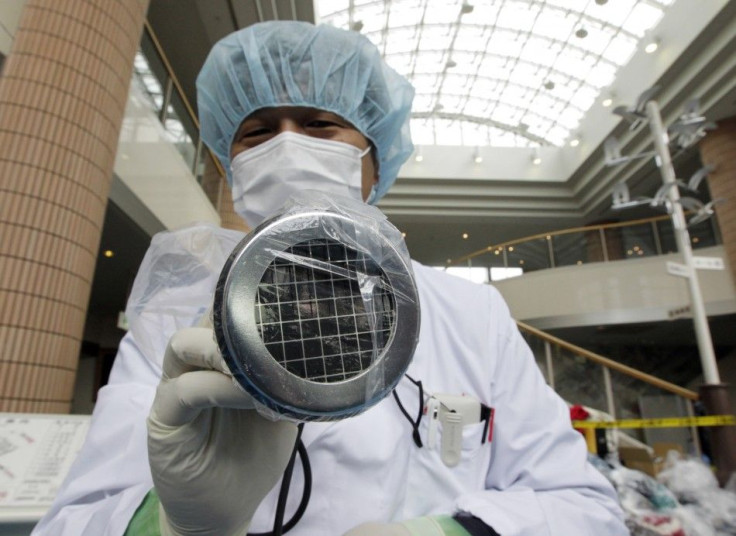Japan's Asahi Shimbun likens nuclear crisis to Chernobyl

Leading Japanese newspaper Asahi Shimbun has said in an editorial the worsening nuclear crisis is comparable to the Chernobyl disaster, saying four nuclear reactors standing in a line are simultaneously spinning out of control.
Japan's worsening nuclear crisis will now be compared to the Chernobyl disaster in the former Soviet Union in 1986, the newspaper wrote on Wednesday.
However, the scientific community largely believes the current crisis is not akin to Chernobyl in terms of the disaster potential. The BBC quoted a Tokyo-based scientist as saying that the threat of serious disaster is far remote as of now. We are not anywhere near the level of danger.
Speaking as a scientist, it may be true that 'higher than normal' levels of radiation have been measured in the Tokyo area; however, that must be put into proper context in terms of what levels are potentially harmful to human health. We are not anywhere near the level of danger, Charles Chen was quoted in BBC's live blog.
However, there is no consensus among Tokyo residents about magnitude and impact of a potential nuclear meltdown which, some fear, may still happen despite efforts to stabilize the reactors.
Alarmingly, there are reports that workers' efforts to revive the cooling sytem in the Fukushima plant has met with a setback on Wednesday, Voice of America reported.
Radiation levels are so dangerous on the ground at the Fukushima plant that workers have had to give up trying to pour water into the cooling pool and all of the facilities' 800 workers have now evacuated the site, the report said.
The report says two reactors at the plant have suffered partial melting of their cores, which is responsible for the high amounts of radiation.
© Copyright IBTimes 2025. All rights reserved.





















